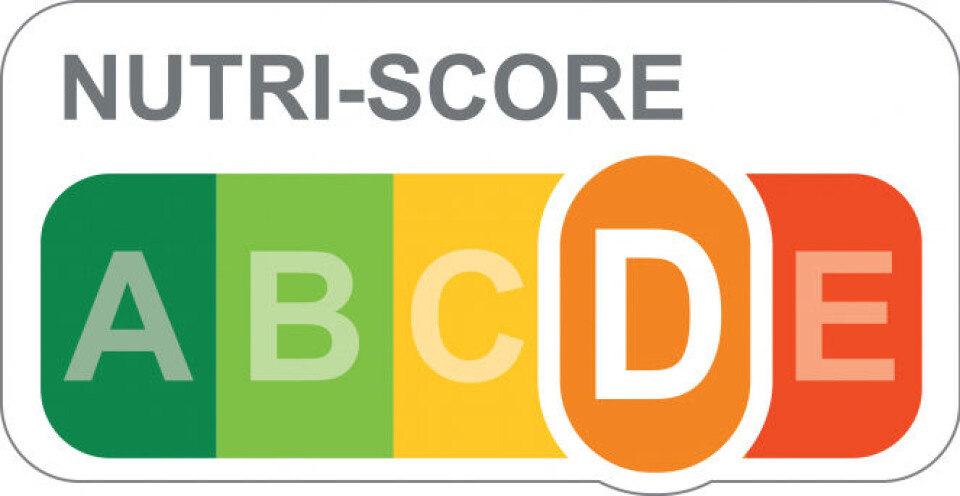-
Why your car insurance in France is expected to increase this year
Premiums are forecast to rise by four to six percent in 2026
-
Two Britons killed in avalanche in French Alps were with an instructor
French skier also died in the disaster at Val d’Isère on Friday February 13
-
British Airways launches bargain £2 flights to France (but there’s a catch)
The flights are only available to members of the airline’s Avios scheme who are redeeming loyalty points
French food nutrition labels to change in line with health advice
The new system will see higher Nutri-Scores for whole foods, fish and dairy products without added sugar, and lower scores for processed foods and red meats

The criteria for Nutri-Scores – the score that shows how nutritious or ‘healthy’ a food item is – are becoming more stringent in France to align more closely with health recommendations.
The score will now value whole and unprocessed foods, and those with no added salt or sugar, more highly. The scientific committee in charge of the score decided to introduce the new system after a meeting on the issue on July 26.
The score has been in use since 2017. It is used on food packaging to indicate the food’s nutritional value and scores food from A to E, using a traffic-light style colour system.
A is the most healthy score, with E being the least healthy.
Image: jorrisg / Shutterstock

In 2021, it was also made mandatory for all French media food advertising – including online, on television, and radio – to clearly display the Nutri-Score mark.
Read more:All food adverts must show health score, France votes
The changes will apply to France, Germany, Spain, the Netherlands, Belgium, and Luxembourg, where the Nutri-Score system is in use.
Five categories will see changes, and the new criteria will include:
- Fish such as salmon and other fatty Omega-3-rich fish will be valued higher than red meat
- Lean white meat such as chicken will be valued higher than red meat
- Oils “less rich in saturated fats” such as olive, rapeseed, or walnut-based will be valued more highly than other oils
- Wholewheat and unprocessed cereals will be valued more highly than more refined cereals
- Cereals with added sugar will see their score downgraded from A to C
- The difference between dairy products with added sugar and those without will be more obvious
- Processed food such as microwave meals and some frozen pizzas will no longer have either an A or B score (green on the traffic light system)
Drinks will also be included in the changes, although the exact modifications for these are yet to be confirmed.
The full range of changes will be rolled out by the end of 2022, with a view to coming into force properly from January 2023.
The Health Ministry has confirmed that manufacturers will also have “a sufficiently long period…to enable them to roll out the logo” and make any changes needed.
Manufacturers that need it will also have access to financial support to assist with the rollout of the ‘Nutri-Score 2.0’.
Related articles
Why don't all foods in France have nutrition scores?
Roquefort seeks exemption from French Nutri-Score label scheme
KFC France adds Nutri-Score to menu amid debate on food label overkill
Upset over call to label wine nutritionally ‘unhealthy’ in France
























